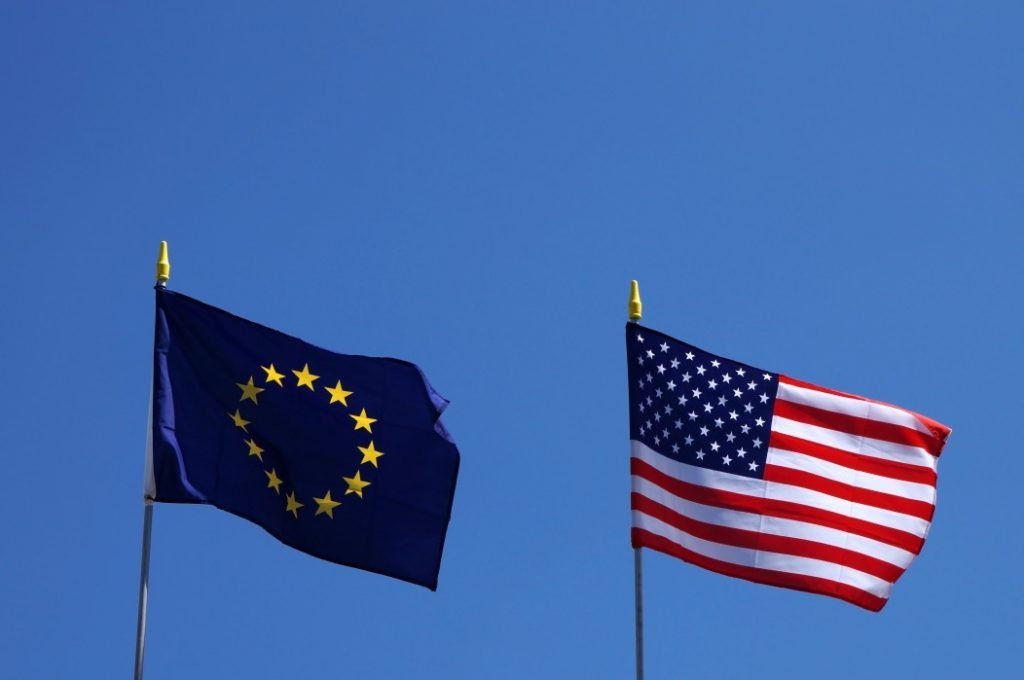
Coinposters
European vs. U.S. Crypto Regulation

Patrick Hansen, a crypto venture adviser and European policy specialist, provided forecasts on the timeframe of two significant EU crypto measures. Between December 2022 and January 2023, Markets in Crypto-assets (MiCA) and Transfer of Funds Regulation (TFR) will become law, according to Hansen.
US authorities are alarmed by the rapid pace of EU legislation. Hansen demonstrates that the extent and speed of these rules are concerning to the United States and may prompt them to act more quickly.
The mission of the MiCA is to safeguard the clients and investors of crypto firms. It also establishes obligations for issuers if they lose users’ crypto assets.
MiCA supervises stablecoins and mandates its issuers to keep enough reserves and fulfill withdrawal liquidity standards. The TFR, on the other hand, establishes money-laundering rules and addresses money-laundering difficulties with cryptocurrency.
Hansen indicates that the European Union is working on other crypto projects with significant ramifications. These include further restrictions against money laundering, the DeFi report, the NFT report, the DeFi monitoring pilot, and the Digital Euro Legislation.
The United States is worried about the breadth and velocity of EU crypto regulatory discussions. Hansen explains that although the exact date has not yet been determined, the rules might be voted on as early as January of the next year. In addition, he states that at this stage, voting is really a formality since all rules have been agreed upon.
TFR, being a lesser rule, might take effect far sooner.
US legislators are also advocating for crypto regulation. In the United States, support for a regulatory crypto framework is bipartisan and bicameral. However, there is currently no timeframe for any significant action. Caroline D. Pham, commissioner of the Commodity Futures Trading Commission, said that the United States should seek to be rule creators rather than rule followers.
Latest
News
03 Feb 2026












